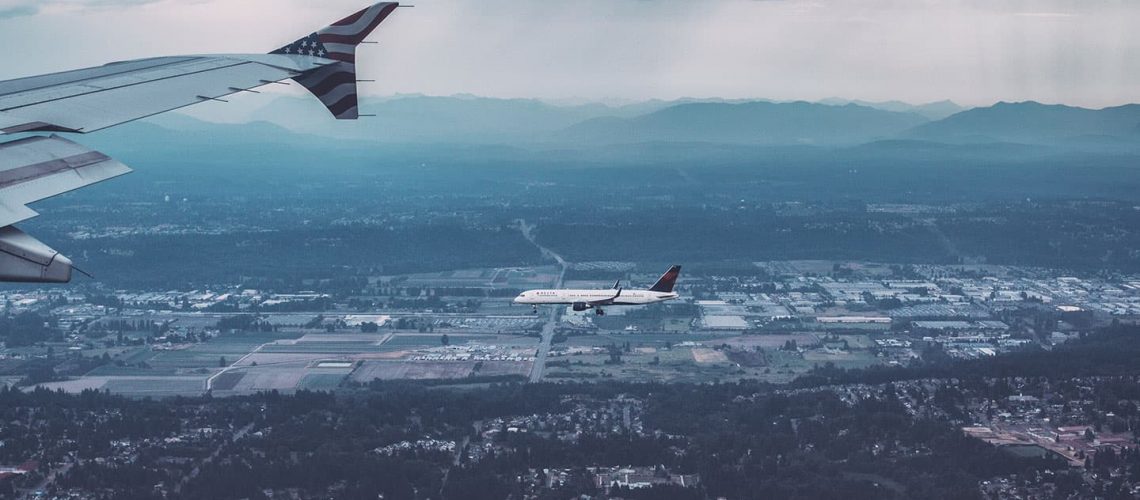Digest This
Click on the topics below to learn how probiotics can improve your digestive health, naturally.

How to Stay Healthy While Flying
Right now, we’re in the midst of a blazing hot summer when many of us are traveling in airplanes to cooler vacation destinations for some well-deserved R&R.
Along the way to that relaxing vacation hideaway, most of us have to put up with a lot of inconveniences — TSA security checks, overpriced foods in airport lounges and sitting next to or behind screaming kids and seat kickers — for hours surrounded by a lot of strangers.
Sounds like a lot of fun doesn’t it?
While your body is feeling out of sync due to traveling, your gut is experiencing something familiar. That’s because the typical commercial airplane has a “microbiome” too, and it’s very similar to the ones that occupy our homes and offices, according to a recent study that appeared in Microbial Ecology.
Scientists at Georgia Tech and Emory University studied 230 bacterial samples taken from commonly-touched areas in the typical airplane cabin — seat belt buckles, lavatory door handles and tray tables — and sampled cabin air before and after 10 transcontinental flights.
Although the microbiomes that inhabited airplane flights varied from flight to flight, the bacterial strains scientists detected were pretty ordinary.
“What we found was bacterial communities that were mostly derived from human skin, the human mouth and some environmental bacteria,” says Dr. Howard Weiss, a professor at the Georgia Tech School of Mathematics who worked on the study (according to a press release).
The bacterial communities that were found seemed benign and not unexpected. But, what about fellow travelers who may have the flu or a respiratory infection? In this case, closeness counts a great deal…
In a companion study featured earlier this year in Proceedings of the National Academy of Science, passengers who may be fighting the flu or another virus probably won’t spread their sickness much farther than two seats laterally or one row in back or front of you on a plane.
That distance sounds pretty safe, unless you’re traveling out of the country to an international destination or flying long distances. Plus, can you count on the person sitting next to you to admit they’re sick while traveling?
Some simple tips to keep in mind when you’re traveling:
- Keep your hands as clean as possible with plain soap and water and limit your use of antibacterial soaps. Antibacterial soaps can make your body more vulnerable to superbugs, a growing worldwide health problem, due to the overuse of antibiotics and disinfectants.
- Keep up with your sleep, especially when traveling across multiple time zones. Jet lag will disrupt your body’s natural circadian rhythms just like shift work does.
- Give your natural immunities an extra boost by taking a probiotic, ideally with multiple strains of beneficial bacteria, like EndoMune Advanced Probiotic.
There Is An Endomune Probiotic For Every Lifestyle
-
EndoMune Metabolic Rescue
$44.95 -
EndoMune Advanced Probiotic
$42.95 -
EndoMune Companion Pack
$112.93








